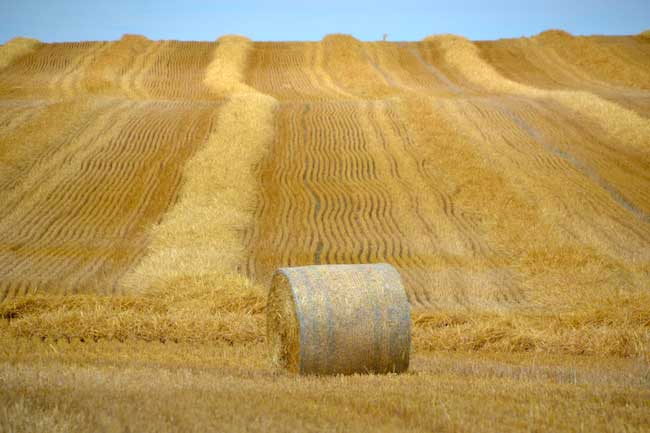NY Farm Bureau survey shows 43% of farms lost sales during Covid-19 pandemic
‘What we found with this survey is that no farm was untouched by the pandemic or the economic fallout.’ – NYFB President David Fisher
Press Release, New York Farm Bureau
New York Farm Bureau, the state’s largest farm organization, unveiled the results of a member survey that found 65% of the state’s farms and agribusinesses have been negatively impacted financially by the Covid-19 pandemic.
“What we found with this survey is that no farm was untouched by the pandemic or the economic fallout,” said New York Farm Bureau President David Fisher. “All of this underscores the need to continue to invest in our food system while also making health and safety a priority.”
More than 500 NYFB members participated in the informal survey conducted in mid-June that asked a dozen wide-ranging questions about the rural economy, health and safety of farm families and their employees as well as access to necessary personal protective equipment (PPEs). Respondents also described how they were personally affected. Here are some key findings.
- 43% of farms have lost sales during the pandemic.
- More than a third of farms and agribusinesses (37%) are experiencing cash flow issues.
- Almost half (47%) say they have reduced spending to local vendors and suppliers or will do so in the future.
- An overwhelming majority of farms (84%) have a plan in place to train and assist their employees to mitigate the spread of the virus.
- 46% of respondents say they are concerned about their mental health or that of someone they know.
“Farmers are doing their best to make sure food production doesn’t stop, but we need to maintain the ability to process, distribute and market what we produce,” Fisher said. “As the state and federal governments look toward potential budget cuts and additional Covid-19 assistance, agriculture must be a part of the discussion. It really does take all of us working together to have a strong, sustainable food system that supports the farm community and feeds yours.”
Editor’s Note: Some survey responses from farmers include:
- An Orleans County livestock farm owner who said they are storing more farm products, meats and eggs. “Very difficult time getting cattle processed,” the Orleans livestock farmer said.
- An Oswego County vegetable and fruit farm said it hired more workers to meet demand.
- A Wyoming County maple farm was able to produce maple syrup before the pandemic but now the farm is storing the syrup rather than selling it.
- A Saratoga County equine farm cut back on feed, tack and equipment purchases.
- A Jefferson County dairy was forced to sell the entire herd due to lack of market.
- A Suffolk County nursery and landscape business said it is selling more retail and wholesale while the landscape division “has been severely affected.”
- A Schuyler County equine farm lost three months of farm income during the peak of the seasonal agritourism business.
- A Yates County winery reports it had to cut 90 percent of its workers because it couldn’t sell wine to visitors. With the loss of employees “nothing is getting done on the farm.”
To cope with the changes in the marketplace farmers have been forced to respond. A Chautauqua County dairy farm reports it cut milk production by 15 percent. A Suffolk County aquaculture business shifted to more internet direct sales.
A Wayne County fruit farm hired an employee to develop a Covid-19 plan, monitoring employee health and implementing sanitation practices daily for vehicles, farm equipment, worker housing and offices.
An Orange County vegetable farm is doing its farm stand business by online orders only, with customer pickup at curbside.
A Cayuga County dairy farm reports it put an expansion on hold. It is looking into risk management options and added daily sanitation.







































































